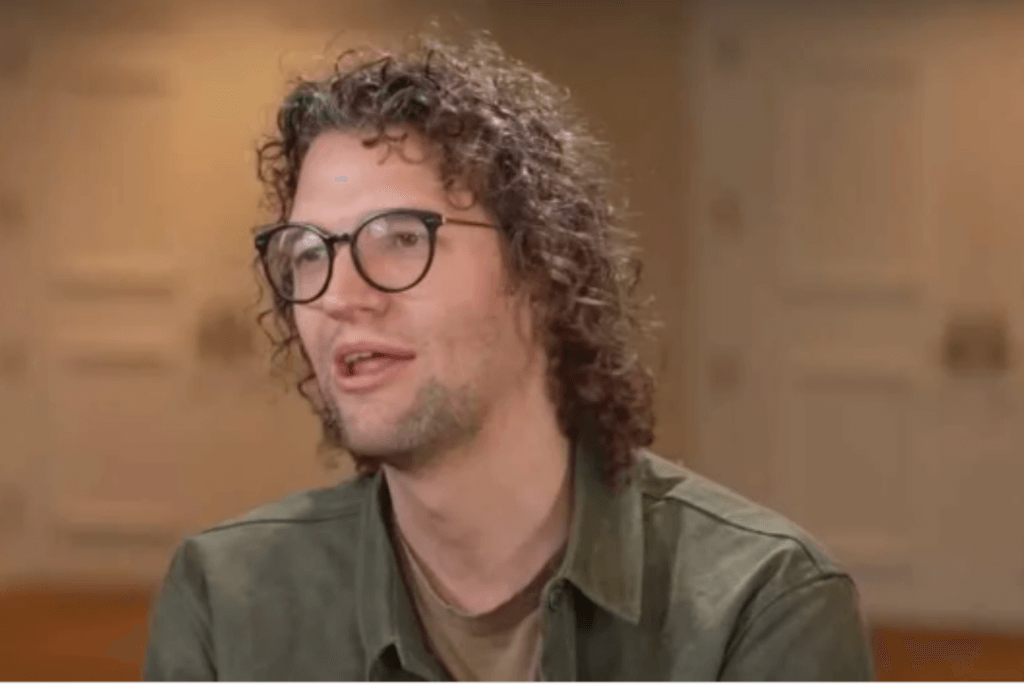 What’s in a phrase? When the phrase is house church, a lot-or at least enough to prompt one-third of all adults to say they’re a part of one. According to research from George Barna, 33 percent of people responding to a dozen national surveys indicated they have experienced God or shared their faith in the last month with a group meeting in a home environment. But before you assume the simple church movement is spreading like wildfire in the United States as it has in other countries, think again.
What’s in a phrase? When the phrase is house church, a lot-or at least enough to prompt one-third of all adults to say they’re a part of one. According to research from George Barna, 33 percent of people responding to a dozen national surveys indicated they have experienced God or shared their faith in the last month with a group meeting in a home environment. But before you assume the simple church movement is spreading like wildfire in the United States as it has in other countries, think again.
Barna’s latest multi-survey report shows that the actual number of people involved in house churches varies wildly, depending upon how the question of participation is posed. For instance, when house church is defined in the strictest sense-as a group that meets regularly in a non-church building, is independent of a typical church and considers itself a church-only 3 to 6 percent of respondents said they are involved.
When asked if they have “attended a worship service in someone’s home, known as a house church,” about 10 percent of the adult population has done so in the past month. (Interestingly enough, simply using the words religious service instead of worship service prompted a full 22 to 24 percent of people to agree.)
So where did the one-third figure come from? That’s the results from the broadest question asking if respondents had “experienced God or expressed (their) faith in God in a house church or simple church meeting in the past month.” Overall, Barna believes the most consistent and reliable assessment is that 5 percent of the population is involved in a house church on a regular basis.
“With growing numbers of conventional churches attempting to incorporate both the house church concept and language into their ministries, it becomes increasingly difficult to get an accurate reading,” Barna said. “All research is simply an estimate of reality, but our preference has always been to use conservative measures rather than questionable or exaggerated figures.”
“Each question is measuring something different; in its own way, each question is accurate and useful,” he added. “The study shows that it depends on what you want to find out-and how important it is to have a well-defined sense of the element to be measured, and how questions can be crafted to distort our understanding of reality.”
See an error in this article?
To contact us or to submit an article





















